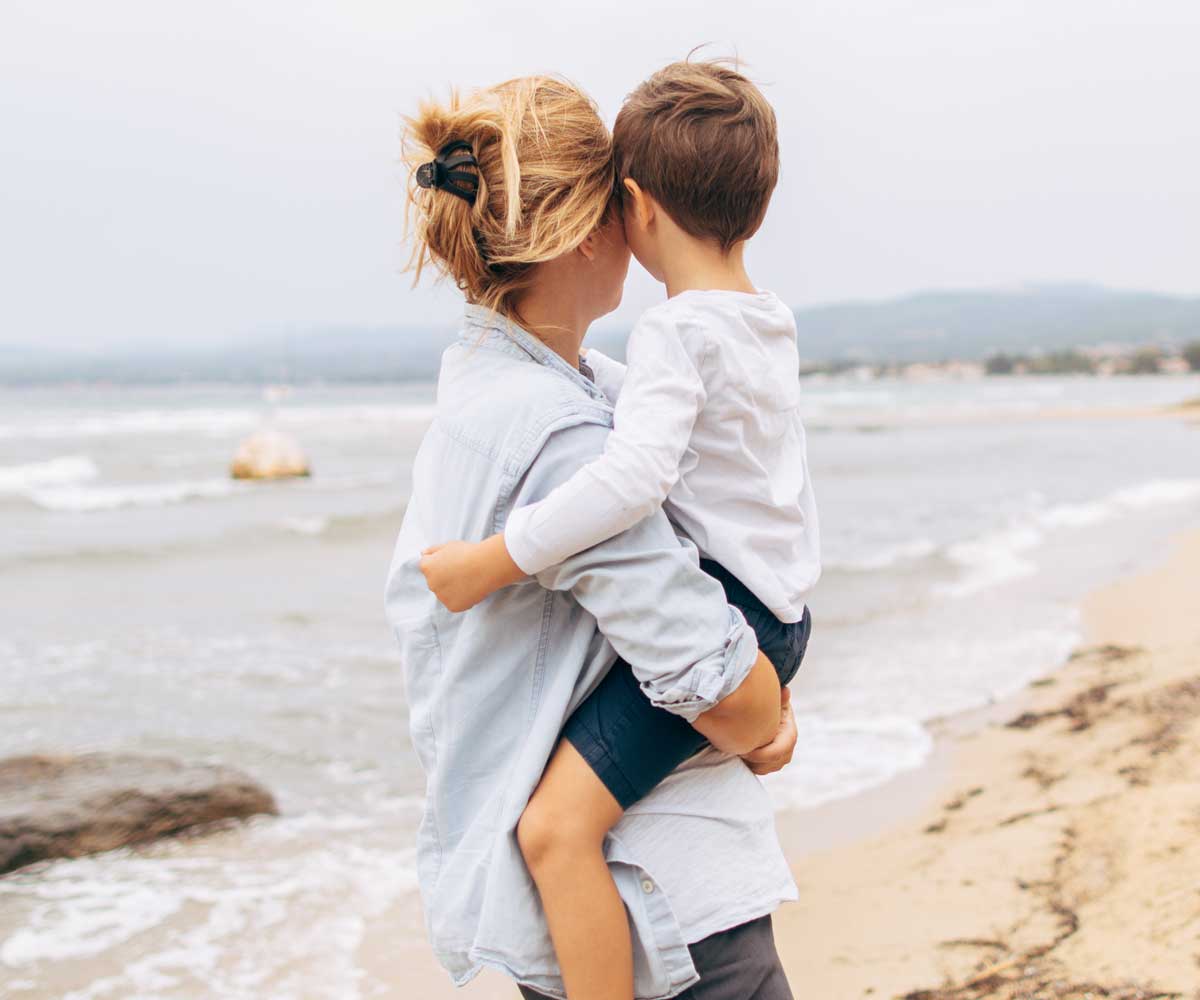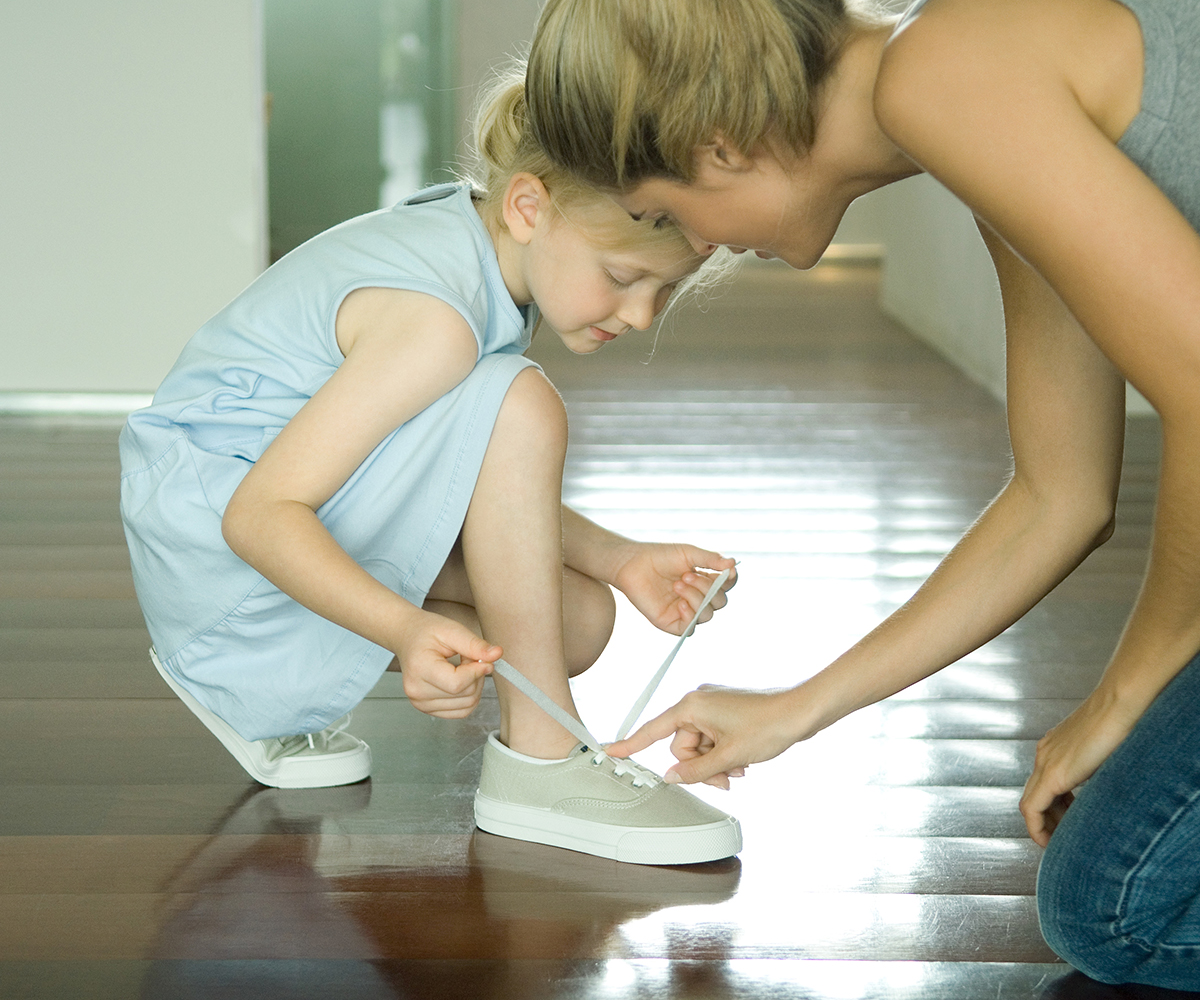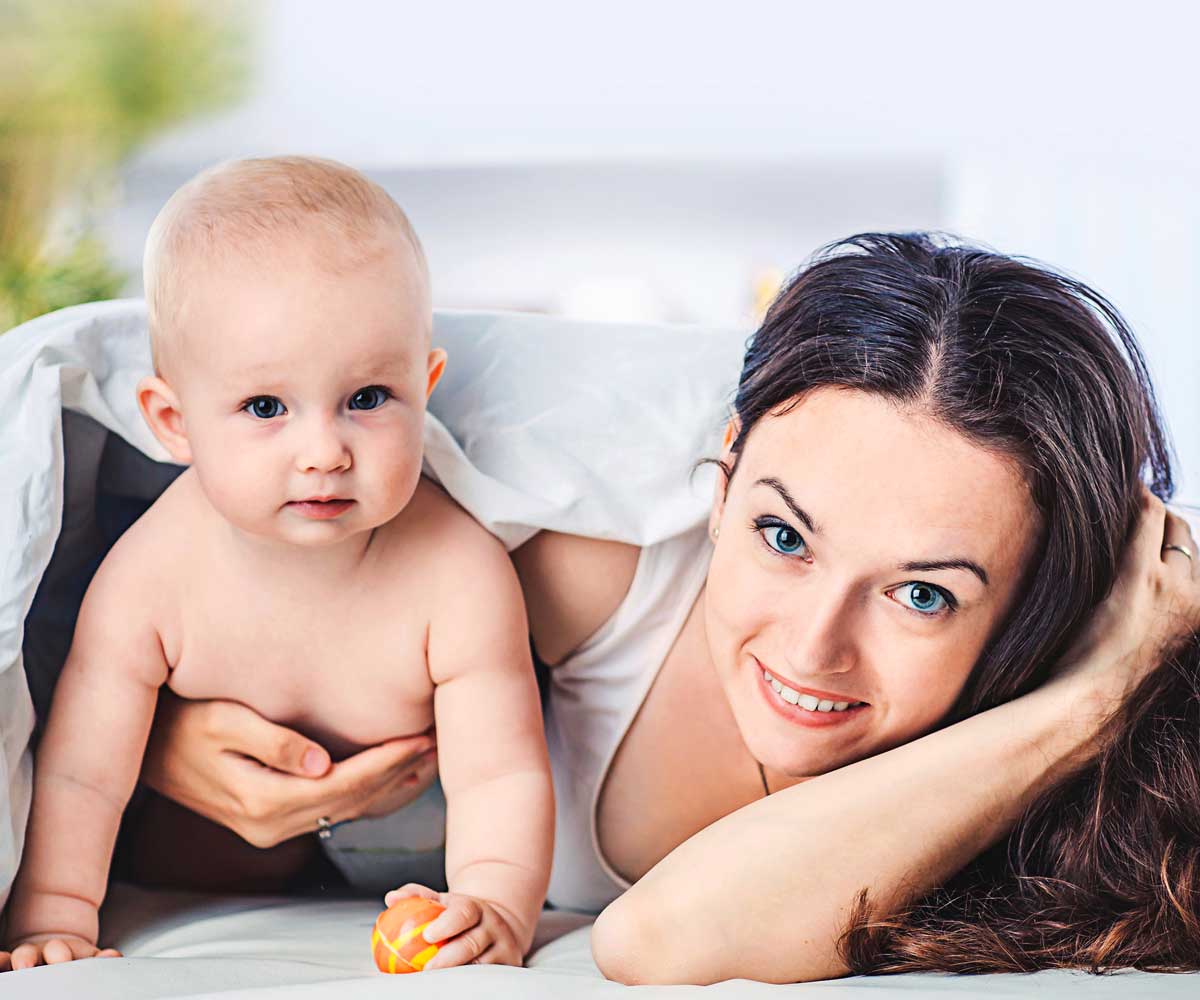The morning after my eldest daughter leaves home and moves into a university hostel, my phone starts beeping. “My wallet has been stolen!” she cries. Texts flood my inbox. “I’ve had things bought on my card!”
I had planned to spend my first morning without her by meeting a friend for a coffee.
Instead, I reorganise my day to help my daughter. I pick her up from her hostel, and rush to the police station to help her file a police report. Reparking the car, I help her get a replacement bank card. While she is applying for another driver’s licence, I fill in an insurance claim for the stolen items. After buying her lunch, I drop her back at her university hostel, hoping she has learned her lesson.
A friend laughs: “My mother would never have spent her day doing that for me.”
My mother would also have left me to cope on my own. Instead, I was being a ‘helicopter parent’ – stepping in to try to fix a situation that my daughter could have managed on her own.
The age of anxiety
I grew up in 1970s Napier, with parents who didn’t have the same anxiety around parenting that my generation has today, when terms like ‘helicopter parenting’ had not yet been coined. I regularly jumped on my three-speed bike and explored the city, and roamed or played in my neighbourhood until it got dark. My parents didn’t pore over parenting books, analysing how they were raising me.
They didn’t spend their evenings whizzing their children between after-school activities, of which there were few. When we left home, we were pushed out into the adult world, left to deal with our own crises, although we always knew we were loved.
Parenting has changed radically over the past two decades, and we’ve never been more intensely involved in our kids’ lives, according to child psychologists and parenting experts. Despite the fact children have never been safer, and less at risk of harm or abduction, parents typically overprotect them, often to our children’s detriment.
Australian psychologist and parenting expert Michael Hawton says today’s Australasian parents have a “crisis of confidence”.
Hawton describes two types of parents who intervene too much: helicopter parents, and the more recent term of lawnmower parents (who go in and pave the way to make it smooth).
A soft touch
“I get it that we feel we have to protect our children from danger, but we also need to teach our kids to be tougher when it’s necessary,” says Hawton, author of the parenting bestseller, Engaging Adolescents.
He believes that by stepping in, for example when a child fails a test or has a fight with a friend, we are not teaching our kids to be resilient. While we shouldn’t give up our authority as parents, Hawton argues we need to help our children be ready to take on life’s challenges.
“If we always jump in to fix things we can delay the development of their ability to independently work things out.”
The long-term effects of helicopter parenting have been studied in the US. Professor Jean Twenge, of San Diego University, has found that 20-somethings with overprotective parents are more likely to demand good jobs and pay without putting in the hours.
Researchers at Keene State College in New Hampshire also found university-aged students with overinvolved parents were more vulnerable, anxious and self-conscious than young adults with more distant parents.

Care and concern
It’s witching hour in a sundrenched house overlooking Wellington harbour. One-year-old Emily crawls around the wooden floors, while her three-year-old brother, Nick, sprawls in front of the television.
Sean and Kate would love to let their son play on his scooter on the pavement but their house is on a busy road. This precaution aside, Kate has always been relatively cautious about overprotecting her kids.
“I’m trying not to be a helicopter parent. I read and listen to things about how to raise kids well, and you have this automatic guilt thing. Like am I doing this well? Family life is a lot more child-centred than it was when we were growing up. There is a lot more anxiety among parents these days.”
Asked why she thinks parents are more anxious, Kate says: “The constant news feed means we know a lot more of the risks than we used to. Also, with everyone being so busy, we have less of a community so others are not available or don’t feel entitled to step in to help or guide our kids even if we did let them be out and about.”
When it comes to her own children, Kate fears that being overprotective will make them less resilient. Their son, for example, doesn’t like his swimming teacher and wants to pull out of lessons. But if they agree, where will it stop?
“There’s an expectation that someone will always come along and solve the problem if we do that,” says Kate.
Dr Shimi Kang, bestselling author of The Dolphin Parent: A Parent’s Guide to Raising Healthy, Happy and Motivated Kids, has studied parenting styles. The Harvard-trained psychiatrist describes jellyfish parents as permissive; they try too hard to get their kids to like them, lacking rules and structure. Tiger parents are overinvolved and controlling.
In this zoo of life, Kang argues we should all aspire to be ‘dolphin parents’ – to be flexible, allow our kids to make mistakes, and to take a collaborative and authoritative approach to child-rearing.
Peer pressure
Dr Scott Duncan, associate professor at the School of Sport and Recreation at AUT, agrees parents are more cautious than a generation ago. A study of parents that he co-authored found that, compared with their parents, today’s children were less likely to travel to and from school unsupervised, to cross roads, cycle on main roads, and roam neighbourhoods. There were even some parents who didn’t want their 16 to 18-year-olds walking around without supervision.
Duncan says: “Parents today were really concerned about traffic and ‘stranger danger’ even though their own parents had little or no concerns about their children roaming freely in the neighbourhood.”
He suspects specific environmental changes have fuelled this caution, such as more traffic, and increased media reporting of hazards. However, he also wonders if Gen X and Y parents suffer from parental peer pressure more than baby boomer parents did.
“This results in many parents feeling the need to keep up with other parents – scheduling children into all manner of activities and generally being very hands-on – we might call that hyperparenting or helicopter parenting.”
The father of three tries to promote what he calls ‘slow parenting’.
“Taking the time to enjoy doing nothing, allowing children to play on their own terms, without excessive rules or unnecessary supervision. We believe that makes a happier experience for both parents and children, who will grow in independence, resilience and creativity.”
Statistically speaking, children have never been safer. From 2005 to 2014, the rate of kids dying from an unintentional accident dropped by 11 per cent, according to Safe Kids New Zealand.
Playgrounds are safer. Children have to travel in a booster seat until aged seven. Pools have been fenced since 1987, and child drownings have dropped as a result.
Jess Venning-Bryan grew up enjoying a “free-range” childhood, of running around barefoot until dark, playing bullrush and spotlight in her street with other kids until her mother called for her to come in for dinner or bed.
Now a mother of four children aged 10, seven, five and six months, the 37-year-old is the opposite of a helicopter parent. The full-time marketing director of Wellington’s Flick Electric, she and husband Mark Hayward think carefully about how to raise children who will grow up to be independent, getting them to solve their own problems from preschool age.
While the AUT study found that a tiny 3.6 per cent of parents would let their seven-year-olds roam the neighbourhood alone, Venning-Bryan has no qualms about letting her children walk across two sets of traffic lights to the local shop from about that age.
Calculated risk
Some parents are “horrified” that she lets her seven-year-old daughter, Niamh, regularly take six-month-old Harry around the block in his buggy.
“Look, I know our neighbourhood and I know it will take her about 10 minutes to walk and which way she will go. It’s a conscious decision based on actual risk.”
The children, including five-year-old Cormac, also cook. They’re unsupervised as they turn the hob on, boil the water and spoon an egg back out of the hot pot. The AUT study found only a quarter of parents were comfortable with their five-year-olds carrying out similar tasks at home.
At the age of nine, Phoebe took the train by herself twice from Upper Hutt into Wellington for a mountain bike class, without a phone. Venning-Bryan met her off the train at the end. Some she told were appalled, while others thought the mother was “brave”.
Says Venning-Bryan: “How many kids are actually abducted these days? It just doesn’t happen any more. It wasn’t like she was wandering on the train on her own. We told her she could find the train guard if there was a problem. They need to figure out how to find help when they need it because we won’t be there all the time.
“I used to go to the dairy with a note from my grandfather when I was five. We’re not living in downtown LA. Things have shifted so fundamentally in such a short time.
“I don’t want my kids to have a terrible accident and be hurt, but I also don’t want them to be incompetent adults who can’t make their own decisions about their well-being and safety.”


